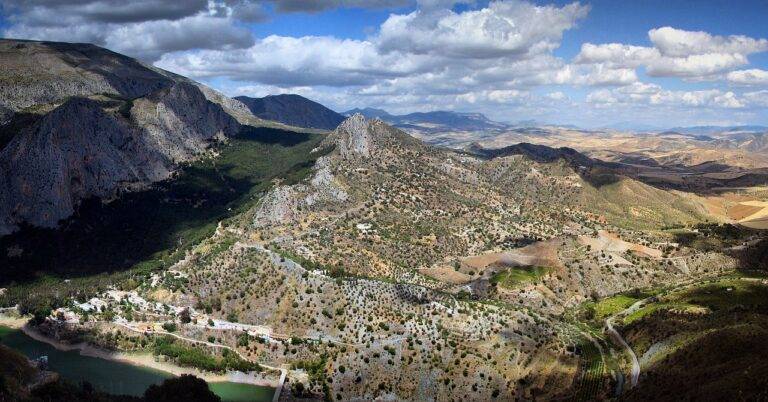Sustainable Event Tourism: Balancing Economic Benefits with Environmental Concerns
Large-scale events like music festivals, sports competitions, and conferences attract thousands of visitors, creating significant stress on the local environment. The consumption of resources, waste generation, and increased carbon emissions are all common challenges faced by event tourism in relation to environmental impact. Relying heavily on transportation, accommodation, and food services, events contribute to air and noise pollution, as well as habitat disruption and resource depletion.
Impact of Event Tourism on Local Communities
Event tourism can have both positive and negative impacts on local communities. On one hand, it can stimulate economic growth by creating job opportunities and increasing revenue for local businesses. Local communities often benefit from the influx of tourists attending events, as they spend money on accommodation, food, and souvenirs, boosting the overall economy of the area.
Conversely, event tourism can also put a strain on local resources and infrastructure. An increase in visitors may lead to overcrowding, traffic congestion, and environmental degradation. Additionally, the cultural and social dynamics of the community may be affected by the influx of tourists, potentially leading to conflicts and tensions between residents and visitors.
• Event tourism can stimulate economic growth by creating job opportunities and increasing revenue for local businesses
• Influx of tourists attending events spend money on accommodation, food, and souvenirs, boosting the overall economy of the area
• Event tourism can put a strain on local resources and infrastructure
• Increase in visitors may lead to overcrowding, traffic congestion, and environmental degradation
• Cultural and social dynamics of the community may be affected by influx of tourists, potentially leading to conflicts and tensions between residents and visitors.
Strategies for Minimizing Environmental Footprint of Events
One key strategy for reducing the environmental impact of events is to promote sustainable transportation options for attendees. Encouraging the use of public transportation, providing shuttle services, and arranging carpooling opportunities can help minimize carbon emissions generated by event-goers. Additionally, selecting venues that are easily accessible by public transportation can further promote eco-friendly travel choices.
Another effective approach to minimizing the environmental footprint of events is to prioritize waste reduction and recycling efforts. This can involve implementing composting programs, setting up recycling stations throughout the event space, and working with vendors to use biodegradable or recyclable materials. By focusing on waste management strategies, event organizers can significantly reduce the amount of waste that ends up in landfills, contributing to a more sustainable and environmentally friendly event.
What are some challenges of event tourism on the environment?
Some challenges of event tourism on the environment include increased waste generation, energy consumption, water usage, and carbon emissions.
How does event tourism impact local communities?
Event tourism can impact local communities by putting a strain on resources, increasing traffic congestion, disrupting daily life for residents, and potentially causing damage to natural habitats.
What are some strategies for minimizing the environmental footprint of events?
Some strategies for minimizing the environmental footprint of events include implementing waste reduction and recycling programs, using sustainable materials and practices, promoting public transportation and carpooling, and offsetting carbon emissions through tree planting or renewable energy projects.





